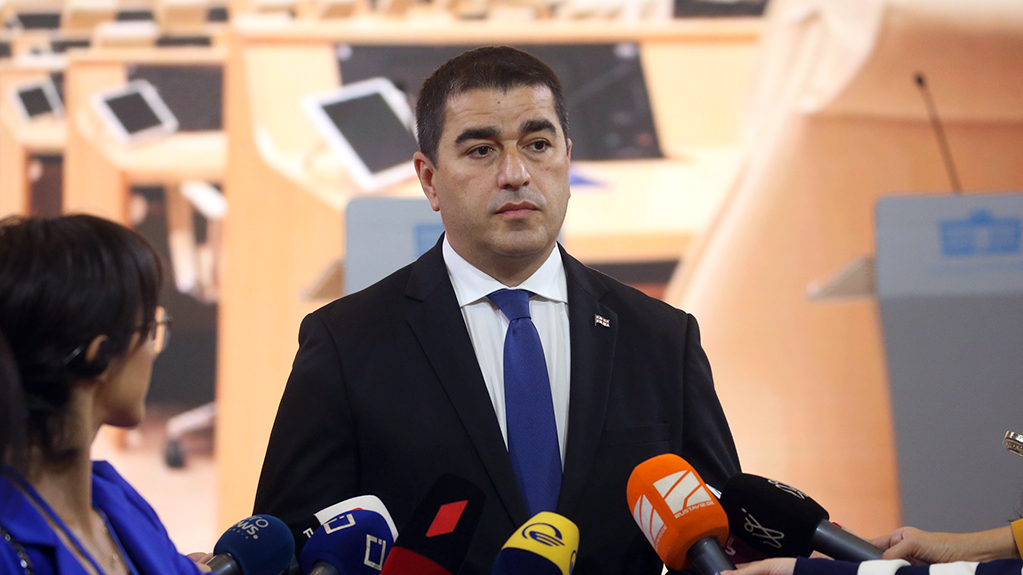‘‘Everyone has realized that what took place in March was a big scheme, and disinformation tools were widely used. There are many who think it’s a shame this law wasn’t adopted in time. We see that transparency in this sector is very low. No one knows where foreign money is coming from and how it is being spent, so that sometimes even the donors themselves don’t have a complete picture of where their money is going’’, said Shalva Papuashvili, Chairman of the Parliament of Georgia, while commenting on the announcement of the adoption of the law on Lobbying in Ukraine.
News
Trending stories
- 1 Former Prime Minister Garibashvili Sentenced to Five Years in Prison After Plea Deal
- 2 Otar Partskhaladze Charged with Organizing Murder of Businessman Levan Jangveladze
- 3 Shalva Papuashvili Says Georgian Dream Filed Complaint with BBC
- 4 Georgian Dream Party Further Tightens Grants Law, Introducing Up to 6 Years in Prison
According to the Chairman, instead of minding the matters of war, Ukrainians found time for the internal politics of Georgia.
‘‘We remember the statements of Ukrainian officials at that time. Instead of being preoccupied with the issues of war, for some reason, they found time for Georgia’s internal politics. With this initiative, if they changed their mind, I would advise them that transparency is paramount. If they have this initiative, they should push through with it. The main thing is it should fall within the standards we acted by, the standards of human rights. Hopefully, they will not violate these standards and adopt the law in such a way that, on the one hand, the transparency of finances will be achieved, and on the other, that of human rights’’, said Papuashvili.
The so-dubbed Russian Law, which obliged non-governmental organizations that are financially independent from the government to register as ‘‘agents of foreign influence’’, and whose goal was to suffocate independent public organizations in the country, was adopted by Georgian Dream in the first reading on March 7. On the same day, tens of thousands flooded Tbilisi streets in protests, demanding the repeal of the law. The government dispersed the protests using tear gas, water cannons, and pepper spray. A multi-thousand rally was held again on the following day, which was also dispersed by the government. After the brutal crackdown, the protesters smashed the vehicles of the Ministry of Internal Affairs and set them on fire. An unprecedented backlash and internal pressure resulted in the Georgian Dream rejecting the Russian Law in the second reading on March 10.















